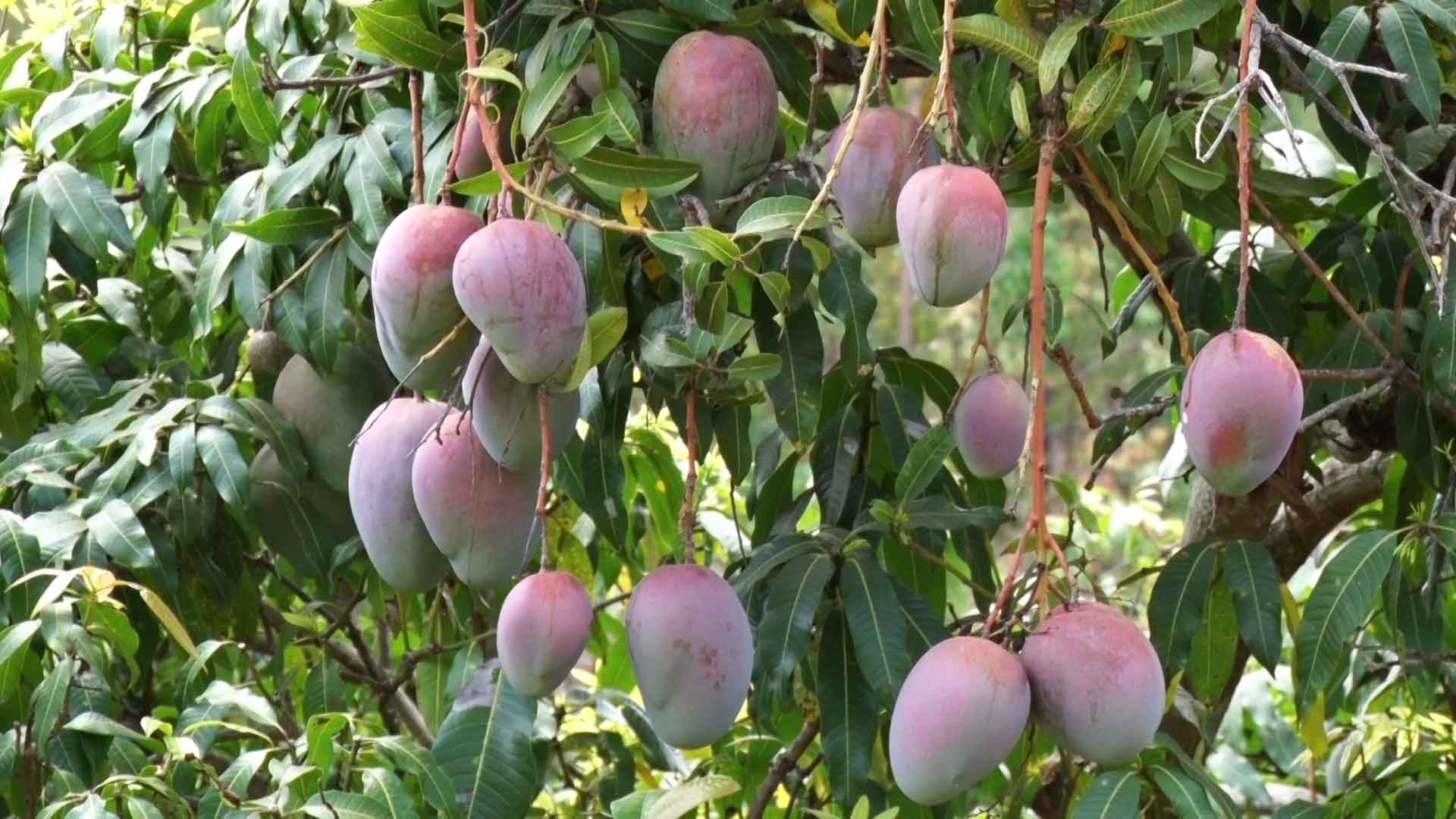The Member of Parliament for Kpando has recently emphasized the importance of agribusiness in driving sustainable employment and industrial growth within the Municipality. His observations focus on several key initiatives that showcase both the potential and the current challenges facing agricultural development in his area.
One standout project is Tropigha Farms Limited, based in Gbefi-Hoeme. Recognized as a modern and leading farm in Ghana, Tropigha specializes in cultivating pineapples, pawpaw, and mangoes using sustainable practices. Covering over 400 hectares, the farm employs more than 250 workers and plays a significant role in local employment. The MP highlighted Tropigha’s strategic partnerships with government agricultural programs as a tangible example of how agribusiness can bridge the employment gap in Kpando and beyond.
Additionally, two other notable agribusiness projects caught the MP’s attention:
Vakpo Packhouse: Originally established by the Presbyterian Agricultural Station in Vakpo, this facility was designed to support farmers by providing centralized handling, storage, and packaging of agricultural produce. Funded by government and donor agencies, its goal was to improve post-harvest management, market access, and farmers’ income, contributing to food security and wealth creation across Kpando, North Dayi District, and neighboring areas.
Farmers Services Center at Torkor: Similar in purpose, this facility aimed to promote the agricultural value chain through farmer support schemes, focusing on modern irrigation for cultivating maize, okro, and peppers. It operated under the Ghana Irrigation Development Authority’s guidance to boost production and productivity.
However, the MP expressed concern over the current state of these projects, noting that both the Vakpo Packhouse and the Torkor Farmers Services Center have fallen into disrepair and are largely non-functional. Despite their promising beginnings, these initiatives have failed to deliver the transformative impact envisioned, largely due to issues such as inadequate funding, poor implementation, and lack of sustainability mechanisms.
Looking ahead, the MP is committed to investigating the root causes of these challenges and exploring solutions that include better funding, improved project management, and sustainable operational models. He emphasized that aligning these projects with the national “Agriculture for Industrialization” policy, championed by President John Mahama, could revitalize these initiatives. Restoring their functionality has the potential to accelerate agricultural development, create jobs, and contribute significantly to Ghana’s economic transformation.
The MP concluded by reaffirming his dedication to leveraging agribusiness as a catalyst for sustainable growth and improved livelihoods in Kpando and across Ghana.






































